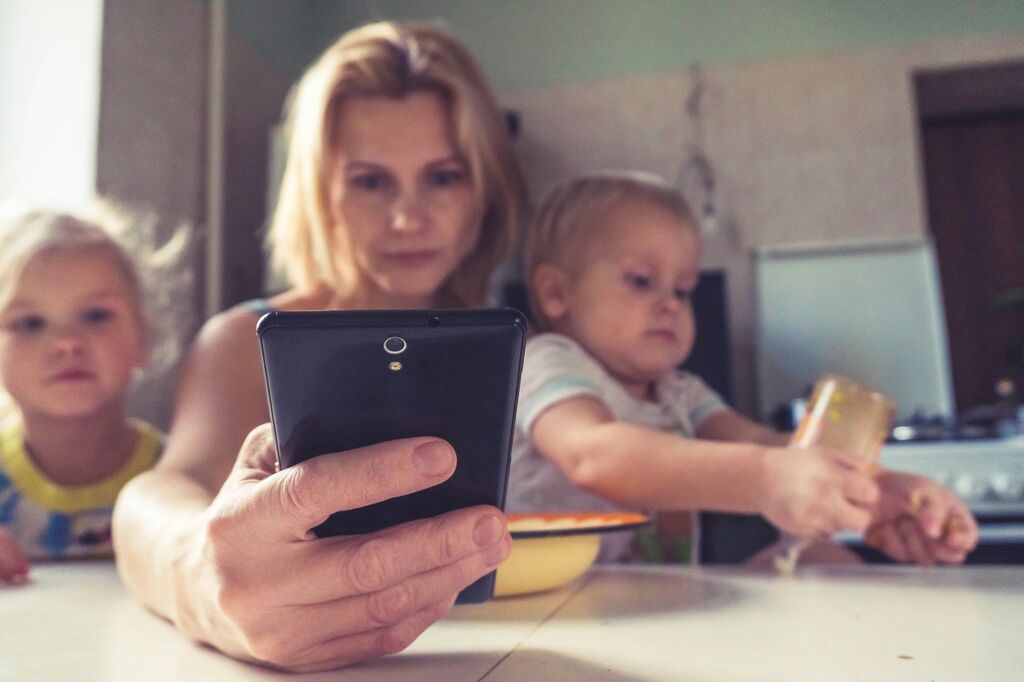Pornography
Children at risk of online harm from parents sharing photos, study finds

A new study has revealed that posting children’s photos online — a practice known as "sharenting" — may expose them to serious long-term risks, including identity theft, cyberbullying, and even exploitation through AI-generated content.
Researchers at the University of Southampton surveyed over 1,000 UK parents and found that 45% actively post images of their children on social media.
One in six parents reported that their child had suffered harm as a result.
Scale of harm
The study highlighted how photos, videos, and seemingly harmless information — such as birthdays, pet names, or school locations — could be used later to compromise a child’s privacy and security.
“Sharenting poses a real and present danger to our children,” said lead researcher Dr Pamela Ugwudike.
“By proudly sharing photos and information about children on social media, parents are unwittingly putting them at risk of harm, both online such as cyberbullying, and in the real world – not just now, but also years down the line.”
Rani Govender, online safety policy manager at the NSPCC, echoed the findings. “These findings highlight the serious risks which children can face when photos and videos of them are shared widely on social media,” she said.
“Features like tagging and resharing can bypass protections, allowing content to spread beyond the intended audience, even from ‘private’ accounts.”
Privacy not as strong as believed
The report also found that parents and carers often overestimate the strength of privacy settings.
Schools and family members were similarly unaware of how content can be widely redistributed once uploaded.
The Internet Watch Foundation (IWF) issued an additional warning about the misuse of children’s images by criminals using artificial intelligence.
“We have seen criminals in the darkest parts of the internet boasting that they can use AI image generators to create life-like nude and sexual imagery of any child they like with only a handful of normal, non-sexual images,” said Kerry Smith, head of the IWF.
She warned of a rise in sexual extortion and deepfake abuse.
The researchers are calling for increased public awareness and clearer online safety guidance. The debate around sharenting continues, with calls for parents to better understand the long-term implications before sharing online.
Share
